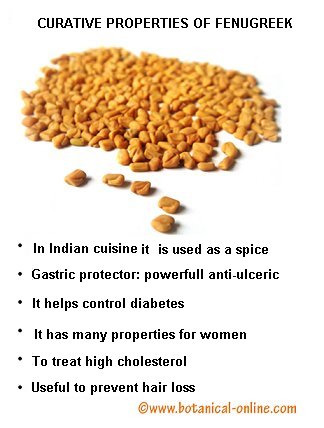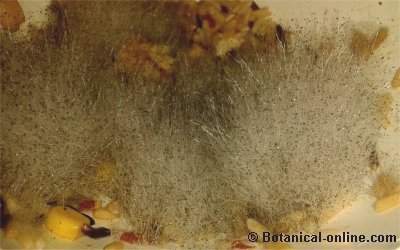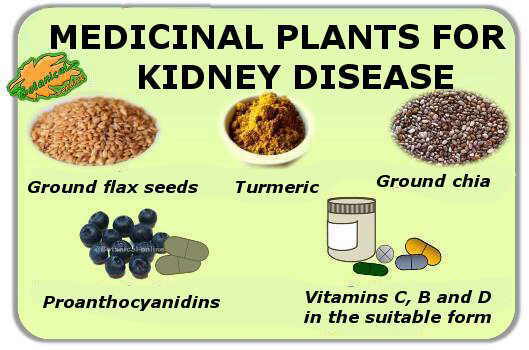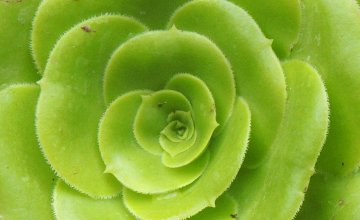Contents
FENUGREEK MEDICINAL PROPERTIES
Fenugreek for high cholesterol

Main curative properties of fenugreek
In several studies to treat diabetes, it was observed that fenugreek also influenced cholesterol levels in blood.
Indeed, fenugreek could reduce the absorption of cholesterol and hepatic cholesterol synthesis. Thus, fenugreek can help lower “bad” cholesterol (LDL) and prevent the formation of gallstones. Fenugreek contains at least 10 chemicals with cholesterollowering effects.
* More information: Fenugreek for cholesterol
Fenugreek for digestive ulcers and heartburn
fenugreek meal is effective for treating the digestive mucosa for its emollient properties. Its components help heal wounds and repair damaged areas.
These properties are due to the polysaccharides and flavonoids that fenugreek contains, with mucosal protective effect and anti secretory properties. (Fenugreek decoction of flour and water)
Scientific studies have shown that fenugreek is as effective as omeprazole (gastric protective drug). Some researchers even suggest that the protective action exerted by glucomannan fiber from fenugreek mucilage is more effective than omeprazole, providing fenugreek plant great potential against ulcers.
This supplement is suitable for people with heartburn, gastritis and stomach ulcers. (Take fenugreek capsules with a glass of water or a decoction, before each meal).
Fenugreek is already part of some medications for heartburn, as is the case of FenuLife or Frutarom Belgium.
Fenugreek for constipation
Among the first indications when prescribing fenugreek, it is the importance of taking supplements in powder or grinding the seeds. This point means that, if we want the grains to release all their fiber and medicinal components, they must be broken or crushed.
Fenugreek seeds contain high concentration of mucilage fiber (glucomannan), a type of soluble fiber. This fiber has a great ability to retain water or become hydrated, that is, to form a gel and increase in volume.
This voluminous gel, which is formed in the digestive tract, presses the walls of the intestine and promotes bowel movement (peristalsis).
Fenugreek has emollient, antiinflammatory (due to the effect of coumarins and saponins), protects the digestive mucosa, and has a slight laxative effect.
With these types of supplements, we obtain a good constipation remedy, provided it is accompanied by a diet for constipation. (Half a teaspoon of fenugreek flour with a cup of water or milk).
Fenugreek a restorative remedy
Fenugreek is a complementary supplement to treat anemic, anorexic and inappetent people. This spice stimulates the digestive process and it is used as an overall body strengthener.
Besides, its nutritional richness in protein, carbohydrates and fats, stimulates digestion (increases digestive secretions of the pancreas). Oriental women use this remedy to round their figure.
Fenugreek for bodybuilding
Fenugreek is a food high in proteins that are easily absorbed and rich in phosphorus. This supplement helps regulate blood sugar, contains high doses of choline and it is a good antioxidant. It is used to increase muscle mass and strength, especially in extract and added to supplements for sport.
* More information:
Fenugreek for women
This plant contains estrogenic saponins, substances that are similar to estrogens or female hormones. Among these components, the most important one is diosgenin, a phytoestrogen that stimulates the production of breast milk.
It is also used to treat menstrual pain, menopausal symptoms, and as an stimulant for women. Perhaps the most popular property for this plant is its property to increase the size of breasts. However, this plant should not be taken during pregnancy.
* More information: Properties of fenugreek for women
Fenugreek for Alzheimer’s disease
Fenugreek leaves are one of the most natural foods rich in choline. This vegetable, which is mainly consumed in Asian cuisine, also contains beta carotene, which along with choline are excellent protective agents against Alzheimer’s disease.
These leaves are usually steamed in the traditional dish alu methi. Fenugreek seeds also have a nonnegligible amount of choline.
Fenugreek for tuberculosis
Fenugreek contains carpaine an alkaloid also present in papaya (Carica papaya), with antituberculosis activity.
![]() More information on fenugreek.
More information on fenugreek.








